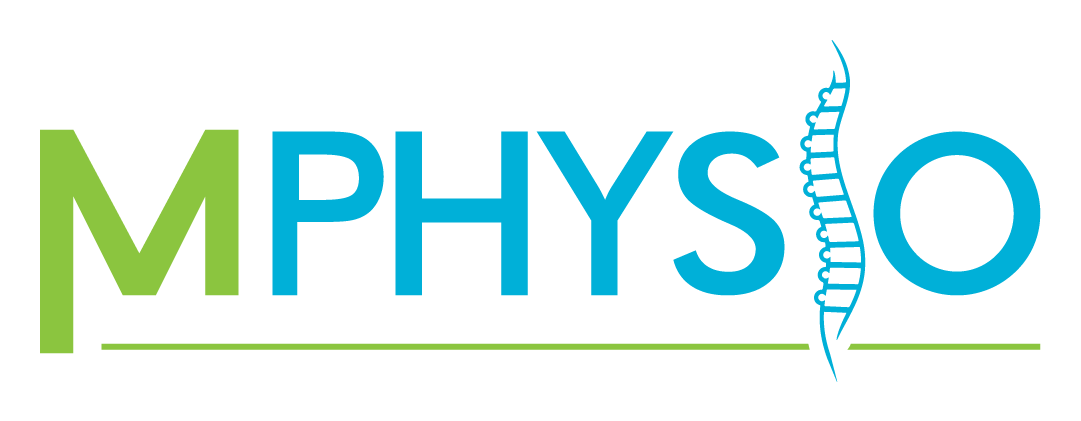Blog, Physiotherapy
Managing Wry Neck: Symptoms, Causes, and Treatment Options

Wry neck, also known as torticollis, is a condition characterised by an abnormal, painful twisting of the neck.
This condition can severely limit neck movement and cause significant discomfort.
At M Physio, we specialise in treating wry neck through targeted physiotherapy and personalised care. In this blog post, we will discuss the symptoms, causes, and effective treatment options for wry neck.
What is Wry Neck?
Wry neck, or torticollis, is a condition where the neck muscles contract involuntarily, causing the head to twist to one side. This can result in a painful, awkward posture that restricts movement. Wry neck can be acute, developing suddenly, or chronic, persisting over time.
Symptoms of Wry Neck
Neck Pain
Severe pain and discomfort in the neck are common symptoms of wry neck. The pain may extend to the shoulders and upper back.
Limited Range of Motion
Patients with wry neck often find it difficult to move their head in certain directions. The neck may feel stiff, and movements can be painful.
Muscle Spasms
Involuntary muscle contractions or spasms are a hallmark of wry neck. These spasms can cause the head to tilt or rotate to one side.
Headache
Tension headaches can develop as a result of the abnormal neck posture and muscle strain associated with wry neck.
Causes of Wry Neck
Muscle Strain
Overuse or sudden injury to the neck muscles can lead to wry neck. Poor posture, heavy lifting, or sleeping in an awkward position are common causes.
Infections
Infections of the upper respiratory tract or ears can cause inflammation and swelling of the neck muscles, leading to wry neck.
Congenital Torticollis
Some individuals are born with congenital torticollis, a condition that results from muscle tightness or abnormalities in the neck. This condition typically becomes apparent in infancy.
Cervical Spine Disorders
Underlying cervical spine conditions, such as herniated discs or degenerative changes, can contribute to the development of wry neck.
Treatment Options for Wry Neck
Physiotherapy
Physiotherapy is highly effective in treating wry neck. At M Physio, we create individualised treatment plans that focus on relieving pain, reducing muscle spasms, and restoring normal neck movement. Techniques may include manual therapy, stretching exercises, and heat or cold therapy.
Medications
Over-the-counter pain relievers and anti-inflammatory medications can help manage pain and reduce inflammation. In some cases, muscle relaxants may be prescribed to alleviate muscle spasms.
Posture Correction
Improving posture and ergonomics can help prevent and manage wry neck. Our physiotherapists provide guidance on proper posture and ergonomic adjustments to reduce strain on the neck muscles.
Gentle Exercises
Specific exercises designed to stretch and strengthen the neck muscles can aid in recovery. These exercises help improve flexibility, reduce muscle tension, and restore normal movement patterns.
The Journey Ahead…
Wry neck can be a painful and limiting condition, but with the right treatment, recovery is possible.
At M Physio – Zetland, we are committed to helping our patients overcome wry neck through expert physiotherapy and comprehensive care.
If you are experiencing symptoms of wry neck, contact us today to schedule a consultation or check out our other resources and start your journey to relief!
 |
Written By:
Marinus Du Preez (Principal Physiotherapist) Bachelor of Health Science (Physiotherapy) |


